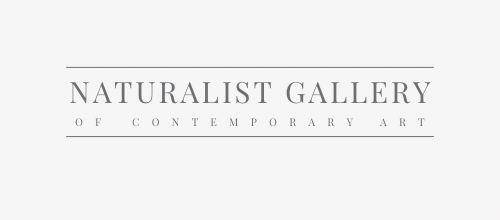Featured image: The Third of May 1808 (1814) Francisco Goya
Art is more than just aesthetic appreciation; it's a crucial part of our cultural, personal, and societal frameworks.
Art is vital because it transcends cultural and linguistic barriers, enhancing our emotional and psychological well-being, fostering community and education, and driving economic benefits.
This article explores the multifaceted reasons why art is essential to humanity and the unique functions it serves in our lives and societies.
Explore our curated selection of contemporary artists from around the globe.
Naturalist Gallery offers artist representation internationally. Apply your art.
Art as a Cultural and Emotional Conduit Historically, art has been a powerful medium for expressing the human experience, capturing the cultural zeitgeist, and influencing societal norms. Art transcends language and cultural barriers, making it a universal language that enhances our understanding of the world and each other. It encourages us to appreciate beauty, confront truth, and engage with complex emotions and ideas.
The Starry Night (1889) Vincent van Gogh
The Psychological and Social Benefits of Art Engaging with art can significantly impact our mental and emotional well-being. It provides a therapeutic escape from stress, enhances mental health, and fosters emotional expression when words are insufficient. Moreover, art encourages critical thinking and creativity, skills that are increasingly valuable in a rapidly evolving world.
Art in Education and Community Building In educational settings, art plays a crucial role in developing critical cognitive skills in children, such as motor skills, problem-solving, and emotional intelligence. Beyond schools, art unites communities, providing a space for shared experiences and promoting a sense of belonging and mutual understanding.
Economic Impact of Art The arts sector contributes significantly to the economy by creating jobs, generating tax revenue, and attracting tourism. Artistic activities enrich local businesses and communities, demonstrating art's role as an economic engine.
The Transformative Power of Art Art possesses the unique ability to influence societal change and personal transformation. By engaging with art, individuals can experience profound insights and emotional responses that may inspire action and foster community engagement.
The importance of art is manifold; it enriches our lives, educates, inspires, and brings us together. By understanding and supporting the arts, we can ensure that these benefits continue to foster a vibrant and empathetic society.
Learn more About Naturalist Gallery of Contemporary Art.
You may also find the following articles helpful:
The 14 Essential Artists of Impressionism
Expressionism: 20 Iconic Paintings & Their Artists
Renaissance Art: Origins, Influences, and Key Figures
Classical Art Movement: Exploring the History, Artists, and Artworks
Figurative Art: Understanding, Collecting, and Appreciating the Style
Daily Routines of Famous Artists: Learn from the Masters
Top 12 Controversial Artworks That Changed Art History







